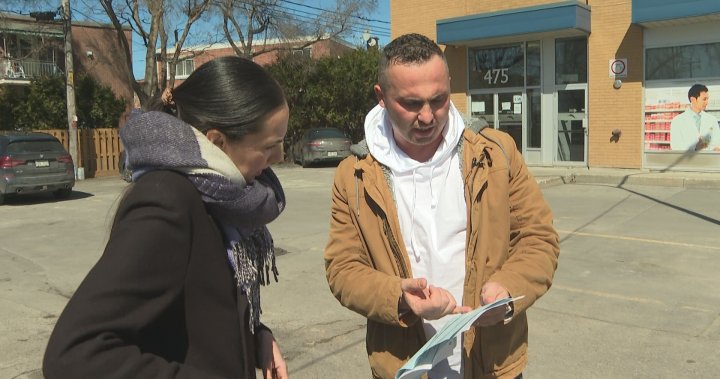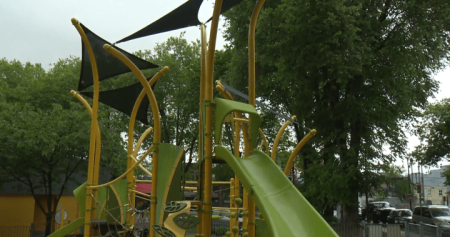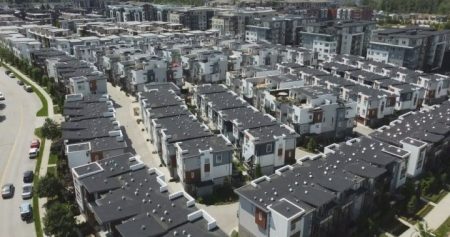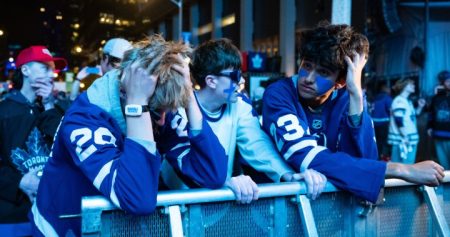A Christian man living in Montreal’s Saint-Laurent borough claims he was attacked and threatened because he was mistaken for being Muslim. Felician Farcane was punched in the face by a teenager while surrounded by a large group of people outside his home. He suffered a jaw injury that required medical attention. The assailant’s father allegedly threatened to kill Farcane because he believed he was Muslim, although Farcane is actually Christian and has no ill will towards Muslims. The incident stemmed from a dispute over parking with a neighbour earlier in the day, but escalated into a violent confrontation in the evening when Farcane was getting into his car. Farcane believes that no parking spot is worth risking someone’s life, and is calling for the alleged assailant to be arrested to prevent future incidents.
Fo Niemi, the executive director of the Center for Research-Action on Race Relations (CRARR), notes a rise in social tensions in Montreal and emphasizes the need for initiatives to prevent hate crimes and promote harmony and respect. He stresses the importance of educating people about what constitutes a hate crime and the consequences of committing such acts, both verbally and physically. Despite attempts to reach out to the neighbours involved in the incident, they declined to comment due to a recent death in the family. Farcane has reported the incident to the police and hopes that the alleged assailant will be held accountable for his actions, as he believes such behavior should not be tolerated and fears that if not addressed, it may lead to further violence against others based on their appearance or religious beliefs.
The incident has sparked concerns about discrimination and violence based on appearance or perceived religious affiliation in the Montreal community. Farcane’s experience serves as a reminder of the importance of tolerance and understanding towards individuals of different backgrounds and beliefs. The fact that he was targeted because he “looked” Muslim highlights the dangers of making assumptions about someone’s identity and the potential consequences of such actions. Farcane’s call for justice and accountability reflects a broader desire for a safer and more inclusive community where people can live without fear of being targeted or threatened due to their religious or cultural background.
The attack on Farcane raises questions about the prevalence of hate crimes and discrimination in Montreal, as well as the need for increased efforts to address and prevent such incidents. The response from the community and law enforcement to Farcane’s allegations will be crucial in sending a message that such behavior will not be tolerated and that those responsible will face consequences for their actions. By speaking out about his experience and seeking justice, Farcane is not only standing up for himself but also for others who may be at risk of similar discrimination or violence. This situation underscores the importance of promoting understanding and acceptance to build a more inclusive and respectful society for all individuals, regardless of their background or beliefs.
The Center for Research-Action on Race Relations (CRARR) plays a vital role in advocating for social justice and combating discrimination in Montreal. Their work in raising awareness about hate crimes and promoting initiatives to foster harmony and respect is essential in addressing the root causes of violence and discrimination in the community. By working to educate people about the consequences of hate crimes and the importance of tolerance, organizations like CRARR can help prevent future incidents and promote a culture of acceptance and understanding. Farcane’s desire for his alleged assailant to be arrested reflects a broader need for accountability and justice in addressing hate crimes and ensuring that all individuals are able to live in safety and peace, free from discrimination and prejudice. The incident serves as a reminder of the ongoing challenges that exist in combating hate and discrimination, but also highlights the importance of collective action in creating a more inclusive and equitable society for all.















